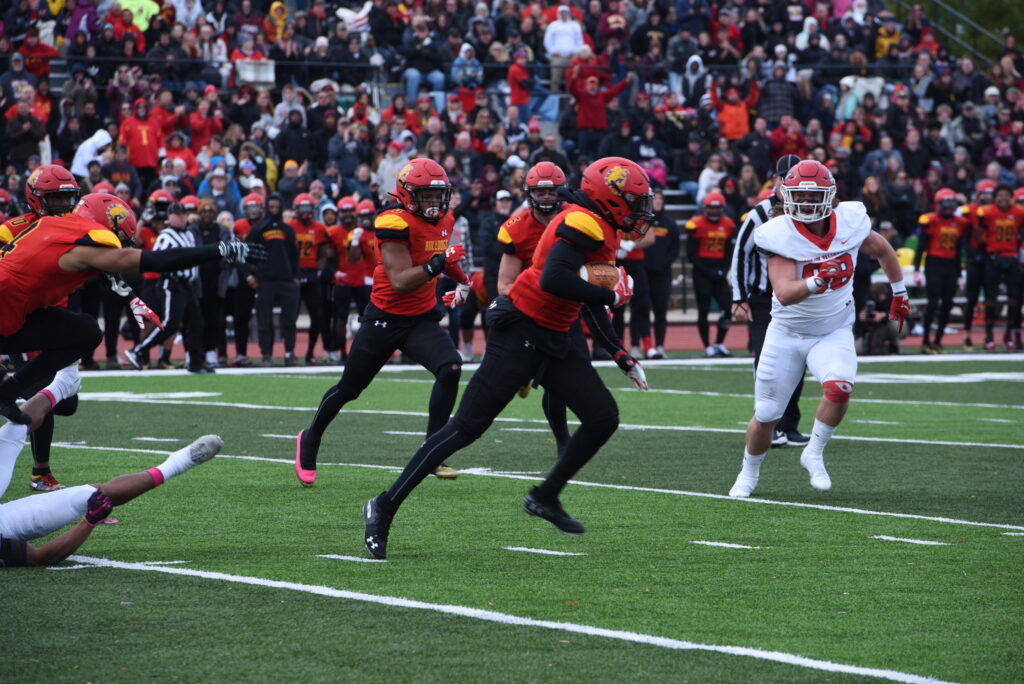
On August 21, the NCAA announced that they would create an eligibility waiver for athletes who lost their seasons to COVID-19. This announcement included the stipulation that all fall sport athletes receive an additional year of eligibility and a year to do so. This is an extension of the typical five year period athletes have to complete four seasons of eligibility.
“Currently we have five seniors returning with the eligibility extension they were granted in the spring.” Said Sara Higley, the Senior Associate Athletics Director at Ferris. The university was able to cover the cost of these five students’ ability to come back for another season.
Higley emphasized that the athletic department is trying to come up with the money to fund the scholarships of athletes looking to fulfill this additional eligibility. “We are trying to be very aware in advance and trying to have these discussions with seniors as early as we can to plan ahead.” Said Higley.
Since there are many more fall athletes than spring, it is most likely there will more than just five athletes returning. “With fall championships canceled and fall and winter eligibility already granted, I predict anywhere from twenty to thirty athletes will stick around to use the extension of eligibility this coming year.”
Higley also predicts that the extension of eligibility will cause recruitment to scale back and it may impact the incoming freshman classes. “We have to realize this is not just a one-year problem but this impacts the next four years of athletes,” Higley said that the athletic department is having league meetings four times a week in an effort to come up with a plan.
“There are other factors to consider, like gender equity, which determines how many we can allow to come back and how much scholarship money we are able to give them.” Higley said.
Title IX states; “No person in the United States shall, on the basis of sex, be excluded from participation in, be denied the benefits of, or be subjected to discrimination under any education program or activity receiving Federal financial assistance.” In terms of athletics, Title IX indicates that there must be equivalent funding on a gender basis. This means that each sport must be looked at on a case by case basis for potential scholarship funds.
Another factor in eligibility is “Returning student-athletes must have a 2.0 GPA from the spring and need to have passed nine credits or higher in order to be eligible. With “credit or no credit” things can get complicated.” In the spring, many schools were “credit or no credit” which created a problem in regards to eligibility. Most GLIAC schools did this in the spring but in the fall, Ferris is one of few continuing the option for “credit or no credit,” meaning that some athletes may be considered ineligible for the next season.
“The athletic department is doing everything we can.” Higley said.
